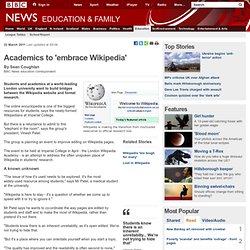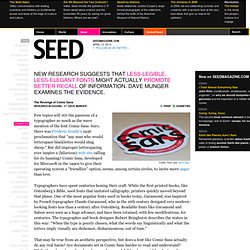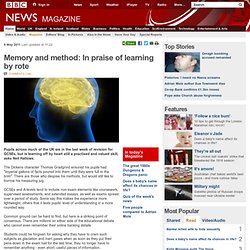

Academics to 'embrace Wikipedia' 22 March 2011Last updated at 03:04 By Sean Coughlan BBC News education correspondent Wikipedia is making the transition from mistrusted newcomer to official research tool Students and academics at a world-leading London university want to build bridges between the Wikipedia website and formal research.

The online encyclopedia is one of the biggest resources for students, says the newly-formed Wikipedians at Imperial College. But there is a reluctance to admit to this "elephant in the room", says the group's president, Vinesh Patel. The group is planning an event to improve editing on Wikipedia pages. The event to be held at Imperial College in April - the London Wikipedia Academy - is an attempt to address the often unspoken place of Wikipedia in students' research. A known unknown "The issue of how it's used needs to be explored, it's the most widely-used resource among students," says Mr Patel, a medical student at the university. Continue reading the main story “Start Quote.
Bioinformatics.Org. The Revenge of Comic Sans. Credit: Flickr user Steve Keys Few topics will stir the passions of a typographer so much as the mere mention of the font Comic Sans.

Sure, there was Frederic Goudy’s 1936 proclamation that “any man who would letterspace blackletter would shag sheep.” But did improper letterspacing ever inspire a (hilarious) web site calling for its banning? Comic Sans, developed for Microsoft in the 1990s to give their operating system a “friendlier” option, seems, among certain circles, to incite more anger than love. Typographers have spent centuries honing their craft. That may be true from an aesthetic perspective, but does a font like Comic Sans actually do any real harm? In 2009, librarian Eric Schnell wanted to know if the font of his library handouts made a difference, and uncovered a 2008 study which suggested that it did. ...Which brings us back to good old Comic Sans. Last week, science writer and editor Christian Jarrett blogged about a new study, published this month in Cognition. Memory and method: In praise of learning by rote. 9 May 2011Last updated at 11:22 Pupils across much of the UK are in the last week of revision for GCSEs, but is learning off by heart still a practised and valued skill, asks Neil Hallows.

The Dickens character Thomas Gradgrind ensured his pupils had "imperial gallons of facts poured into them until they were full to the brim". There are those who despise his methods, but would still like to borrow his measuring jug. GCSEs and A-levels tend to include non-exam elements like coursework, supervised assessments, and extended essays, as well as exams spread over a period of study. Some say this makes the experience more lightweight, others that it tests pupils' level of understanding in a more rounded way. Common ground can be hard to find, but here is a striking point of consensus.
We know even less than we think we do. But does it matter? There are plenty who need not just a pretty good processor in their heads but plenty of Ram too. But dare one mention the word "sat-nav"?